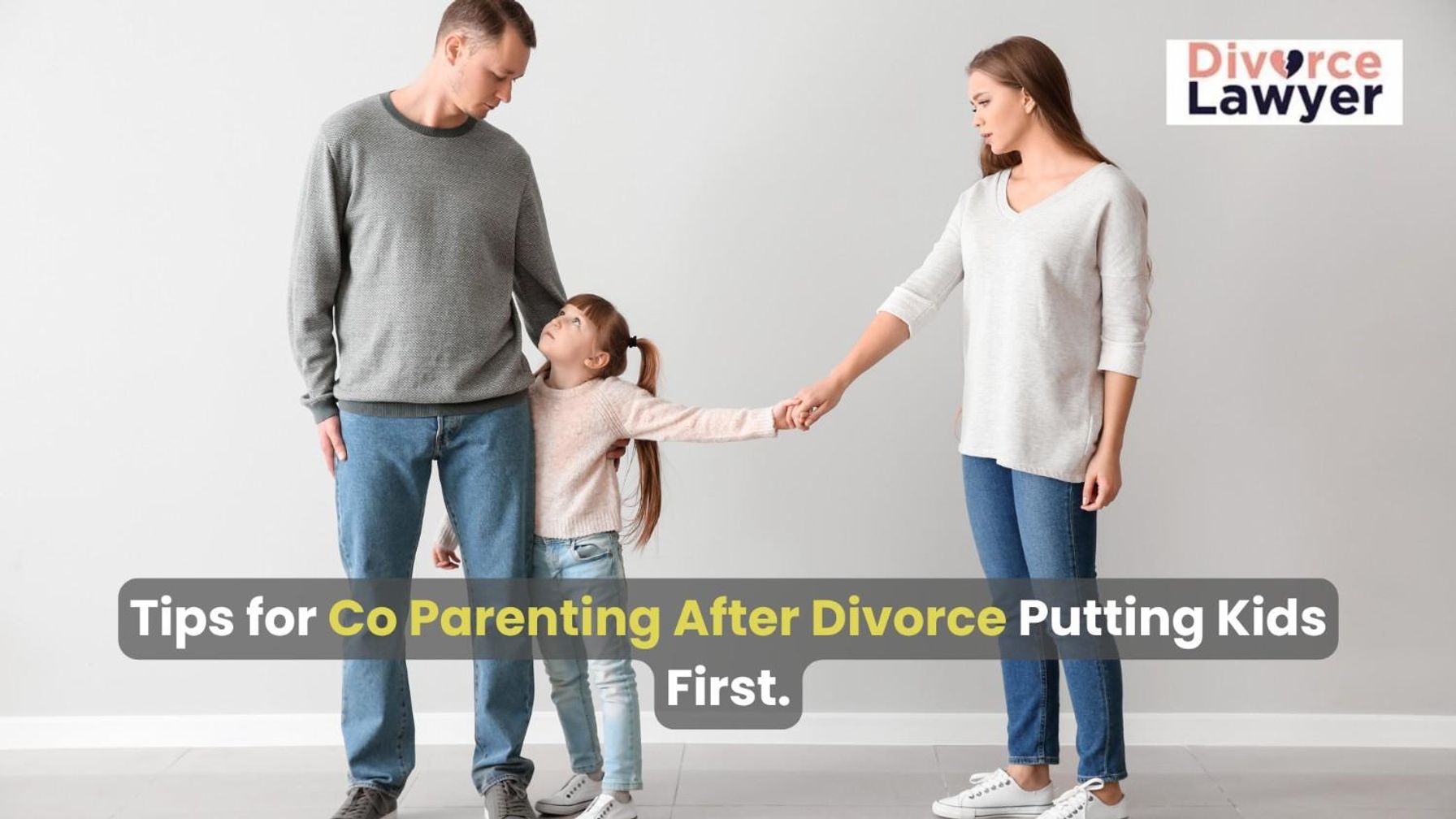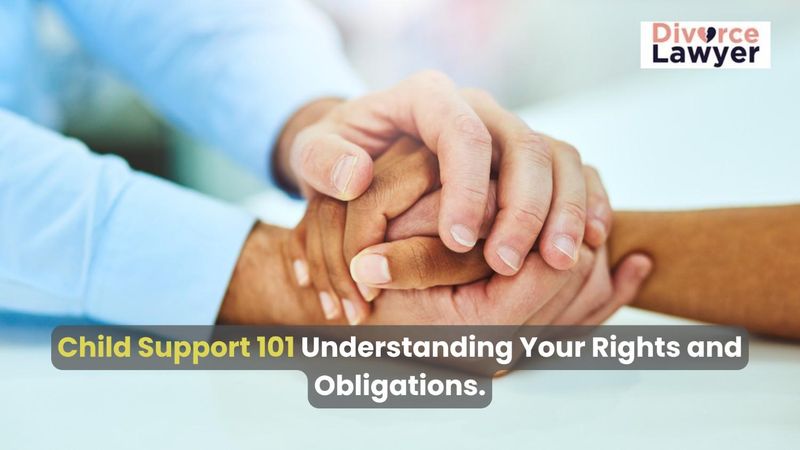Divorce is tough, but the way you co-parent afterward can have a lasting impact on your children. The goal is to create a stable, loving, and cooperative environment where your child feels secure, even when their parents are no longer together.
If you need legal guidance on child custody, parenting plans, or divorce settlements, visit Divorce Lawyer for expert assistance.
What is Co-Parenting?
Co-parenting is when both parents actively participate in their child’s upbringing despite being separated or divorced. A good co-parenting arrangement ensures that the child maintains strong relationships with both parents while minimizing conflict.
Why is Co-Parenting Important?
- Provides emotional stability for the child
- Helps maintain strong parent-child relationships
- Reduces stress and anxiety in children
- Encourages consistency in rules and discipline
Tips for Effective Co-Parenting
1. Communicate Respectfully
Clear, respectful, and consistent communication is key to a successful co-parenting relationship. Try these strategies:
- Use neutral language and focus on your child’s needs
- Keep conversations short and to the point
- Use co-parenting apps like OurFamilyWizard or TalkingParents to avoid conflicts
2. Prioritize Your Child’s Well-Being
Your child’s emotional and psychological well-being should come first.
- Stick to a consistent routine for school, bedtime, and activities
- Encourage open conversations with your child
- Keep both parents actively involved in their life
3. Have a Clear Parenting Plan
A well-defined co-parenting plan minimizes conflicts. It should include:
- A visitation schedule
- Decision-making responsibilities
- Guidelines for introducing new partners
Legal co-parenting agreements can be complex. Divorce Lawyer can help you draft a legally binding parenting plan that ensures fairness and stability.
4. Avoid Conflicts in Front of Children
Disagreements between parents are inevitable, but children should never be caught in the middle.
- Keep arguments away from your child
- Avoid speaking negatively about the other parent
- Use mediation if conflicts become difficult to resolve
5. Respect Each Other’s Parenting Style
You and your ex may have different parenting styles, but consistency is crucial.
- Find common ground on major parenting decisions
- Respect each other’s rules when the child is with the other parent
- If disagreements arise, focus on what’s best for the child
6. Manage Holidays and Special Occasions Fairly
Holidays can be a sensitive issue in co-parenting.
- Plan holiday schedules in advance
- Be flexible and consider alternating major holidays
- Allow children to celebrate special occasions with both parents
7. Support Your Child’s Relationship with the Other Parent
Encouraging a strong bond with both parents is essential for a child’s well-being.
- Never make your child feel guilty for enjoying time with the other parent
- Promote positive communication between your child and their other parent
- Avoid interfering in their relationship
Handling Challenges in Co-Parenting
When One Parent is Uncooperative
If one parent refuses to cooperate, consider:
- Parallel parenting, where interactions are minimal
- Seeking legal assistance for custody modifications
Introducing New Partners
New relationships should be handled carefully.
- Only introduce a new partner when the relationship is serious
- Ensure your child’s comfort and emotional security
- Respect boundaries regarding co-parenting and step-parent roles
If co-parenting conflicts become overwhelming, consider legal guidance. Divorce Lawyer specializes in family law and custody matters.
Conclusion
Co-parenting after divorce is not always easy, but putting your child first makes all the difference. By maintaining respect, prioritizing communication, and ensuring a structured routine, you can provide a loving, stable environment for your child.




